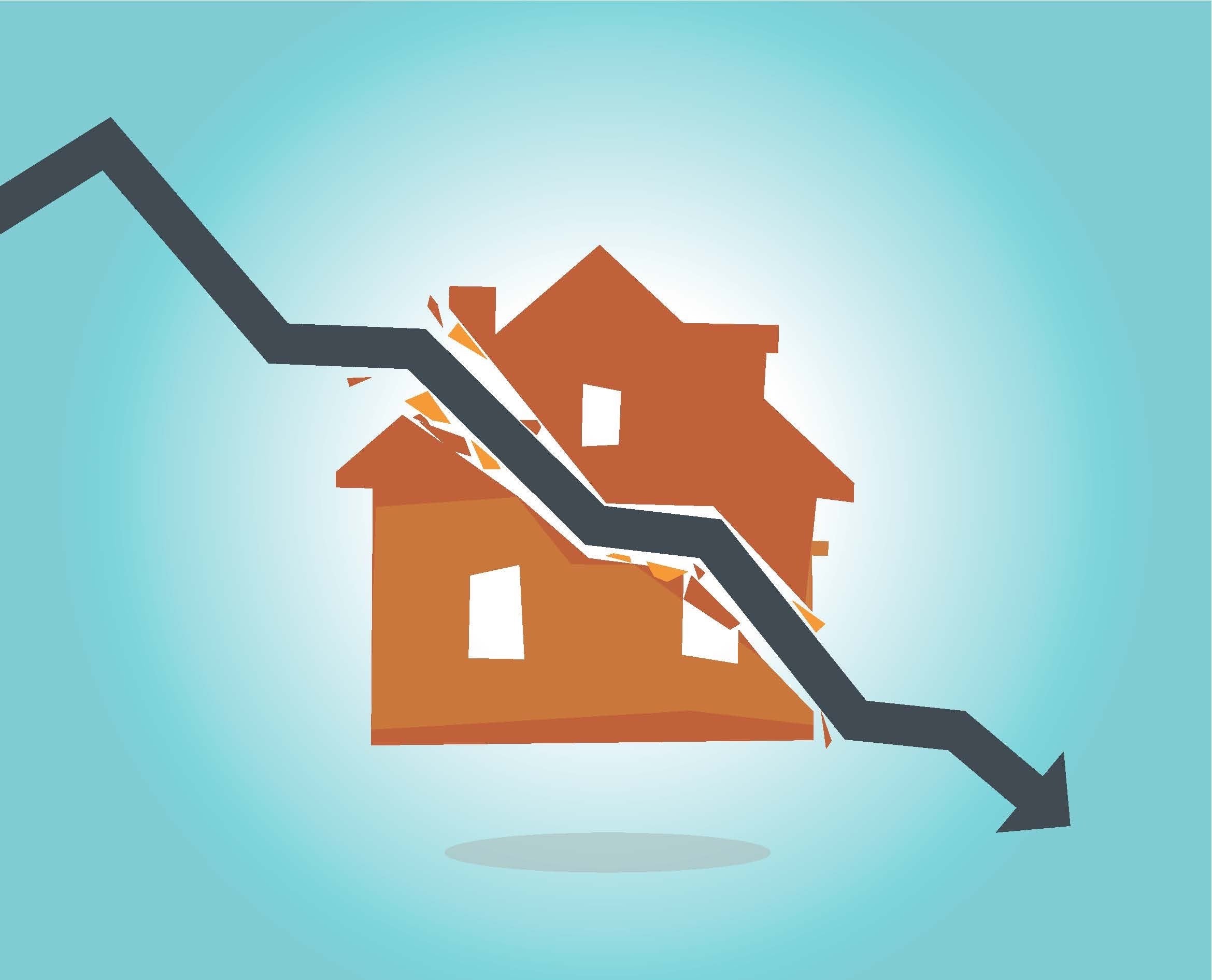
AUSTIN, Texas — In examining one of the biggest unresolved questions surrounding the 2008 financial crisis, a new study from the McCombs School of Business at The University of Texas at Austin raises red flags on risky credit practices that may have once again made their way into American business operations.
McCombs finance faculty members John Griffin and Sam Kruger researched two competing theories about what caused the housing boom and bust that led to the 2008 crisis — oversupply of easy credit vs. overspeculation by real estate investors — revealing issues of immediate relevance to businesses and regulators as they respond to the current pandemic-induced hobbling of the U.S. economy.
The study, “What Drove the 2003-2006 House Price Boom and Subsequent Collapse? Disentangling Competing Explanations,” published in the Journal of Financial Economics, took variables established in previous studies and put them into a common framework.
The researchers looked at evidence for whether the large amount of credit that began flooding the market in 2003 led to looser lending standards. As more people were able to get mortgage loans, strong demand for houses pushed up prices.
They also examined the theory that steadily increasing residential real estate prices led to a kind of house investment euphoria. More and more people began looking at houses as gold mines. Since house prices had continually risen in the past, people extrapolated that they would continue to rise in the future: Homebuyers were speculating.
By looking at the evidence for each explanation for what caused the housing crisis side by side, the researchers were able to see which factors held up to scrutiny.
They found that the supply of credit — especially fraudulent loans and loans to people with poor credit — was most closely linked to house-price change across ZIP codes. Support for the speculation variables was much less convincing.
“There was a kind of race to the bottom that caused all of these below-par and even many fraudulent loans to be issued,” Griffin said.
Homebuyers who were not previously qualified suddenly had access to cheap financing. Housing prices were pushed up — and poised for the inevitable bust when the buyers couldn’t pay.
“Ultimately, when borrowers defaulted on those mortgages, areas of the country with a lot of these buyers had huge house-price crashes,” Griffin said.
Understanding the cause of the 2008 crisis can provide a base for future policy and regulation decisions. Kruger pointed out that it’s easier to use regulation to affect credit supply than to influence irrational extrapolation and speculation.
In the meantime, the economic fallout of the coronavirus crisis will shed light on the quality of lending standards over the past few years.
“We will learn a lot more when we see delinquencies and defaults over these next few months,” Kruger said.
Griffin said it’s likely that the kind of fraud that previously played a large role in the housing market was also present more recently in other areas of finance - leading to certain market excesses. If that’s the case, he expects price crashes.
“I think there’s a lot of fraud hidden behind the market run-up over the past five years,” he said, “and if so, that is going to be shaken out over the next year or two.”
For more information about this research, read the McCombs Big Ideas feature story.
"last" - Google News
July 07, 2020 at 10:00PM
https://ift.tt/3feqwRS
Excessive Risky Credit Strongly Linked to Last Decade's Housing Crisis, Study Says - UT News | The University of Texas at Austin
"last" - Google News
https://ift.tt/2rbmsh7
https://ift.tt/2Wq6qvt
Bagikan Berita Ini















0 Response to "Excessive Risky Credit Strongly Linked to Last Decade's Housing Crisis, Study Says - UT News | The University of Texas at Austin"
Post a Comment